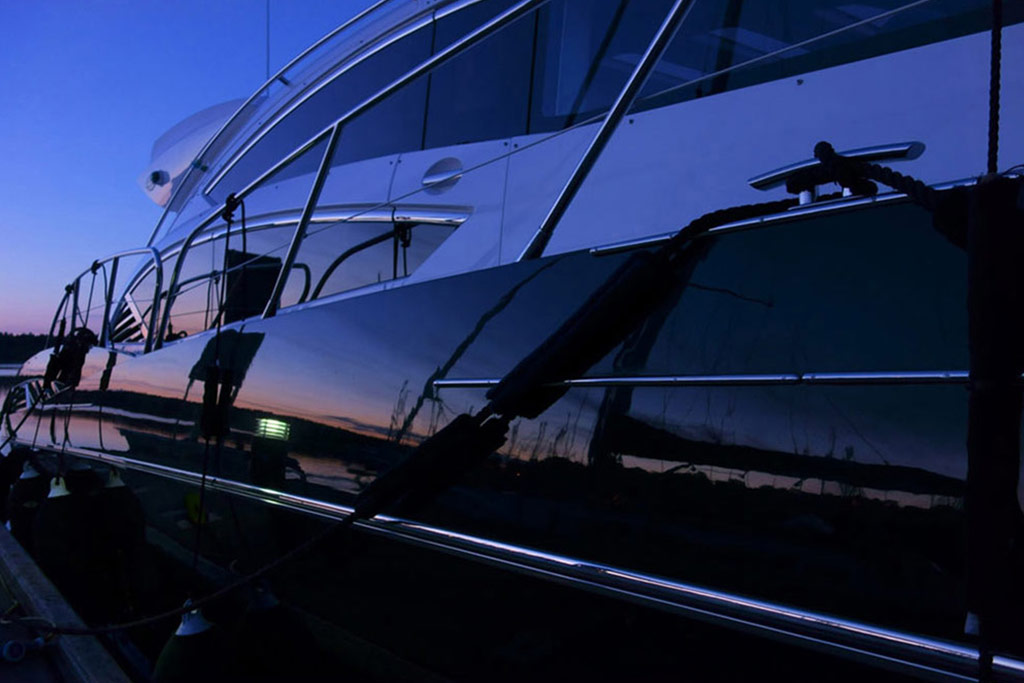At night, you lose one of the most important navigational tools, i.e. good visibility. Experienced skippers increase their caution while they decrease speed. They also use night-vision technology Here are some other tips from Canadian Vessel Registry on how you can stay safe when boating at night.
Go Slow and Vigilant
In the marine industry, there is a saying that “be a pro and go slow.” It applies more in the dark as objects do not become visible until they are very close. When you slow down your boat’s speed, you will have time to identify potential problems, like a unlit boat or crab-trap buoys. Doing it this way will help you maneuver your ship to avoid collisions.
It is also vital to encourage your crew to speak up if they see anything because you cannot have too many eyes. Keep one crew member on watch while on anchor.
Minimize Onboard Illuminations
It will improve your vision at night. The reason for this is that, when you are in the dark, your pupils tend to widen making your retina more sensitive to low light. Having an errant flashlight and other onboard illuminations can destroy your night vision.
However, if you need illumination, opt for a red light because it does not desensitize your eyes. But always keep your navigation lights on so that other boaters can see you.

Sound
During a limited visibility, it is important to reduce your speed when you hear a sound signal. But make sure that the boat’s engine is ready for any immediate action in case another boat comes through the darkness increasing your ship’s risk of collision.
When operating at night, right-of-way and all navigation rules are the same. But at night, you should determine the position, size of the other boats and their speed.
If you see another boat coming that has green and red lights on without the white light, then it indicates that the vessel is a sail-powered one. In this case, your boat is the give-way craft. It means that you must yield the right-of-way to the approaching boat.
The Use Of Spotlights
In some situations, you need a bright light to identify nearby navaid. It is where a searchlight becomes useful. But you must only use it sparingly. The sudden intensity of this light might scare fish, and it may ruin your and nearby boaters’ night vision.
Always listen to noises when you are in low visibility. Of course, you cannot hear them with your boat’s motor roaring. For that reason, it is critical that you slow down when boating at night.
